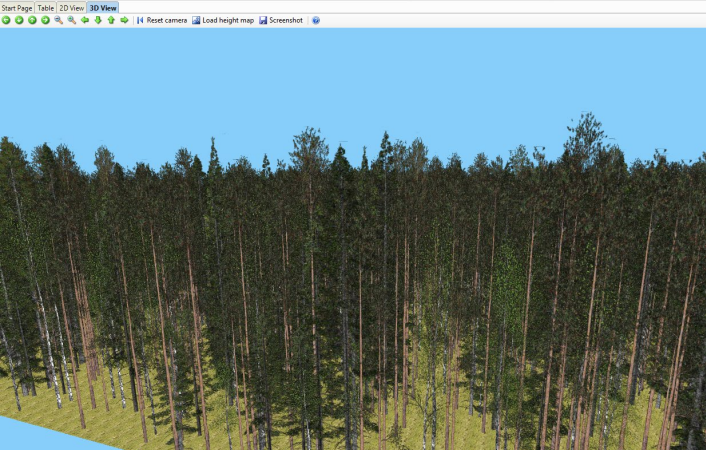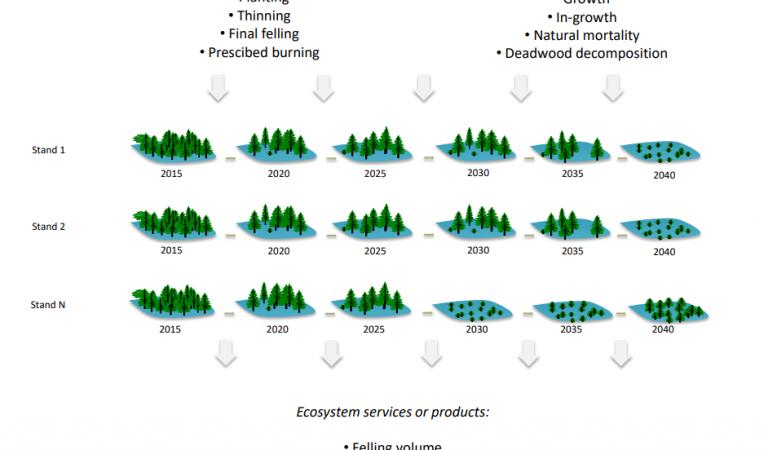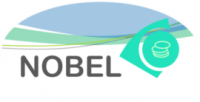A decision support approach using the concept of aspiration-based utility functions is proposed for formulating forest land-use strategies to improve sustainability. It combines the use of linear programming and geographic information systems.
As a response to meet new sustainable strategies in Sweden, the development of the Heureka system was initiated by the Swedish partners at SLU in 2002 and a first version of the system was released in 2009.
Using this system, the forest conditions and consequences for ecosystem services on the basis that the forest is managed in different ways can be projected.
The Four main applications are made up by
StandWise : an interactive stand simulator

PlanWise: a tool for long term forest level planning containing an optimization module

RegWise: a simulator for scenario analyses

PlanEval: a creative tool for ranking of scenarios created in PlanWise and RegWise

In order to know: What can be done in Heureka?, What needs to be further developed/improved?, How is Heureka used today?, The on-going/planned Heureka development, The current examples and scenario analysis (e.g. Impact of forest management on reindeer husbandry & forestry), And many more please take a look at
the link of the Heureka system at SLU website https://www.slu.se/en/departments/forest-resource-management/program-project/forest-sustainability-analysis/heureka/heureka-systemet/
and the pdf file and the video link below provided by Dr. Jeannette Eggers
